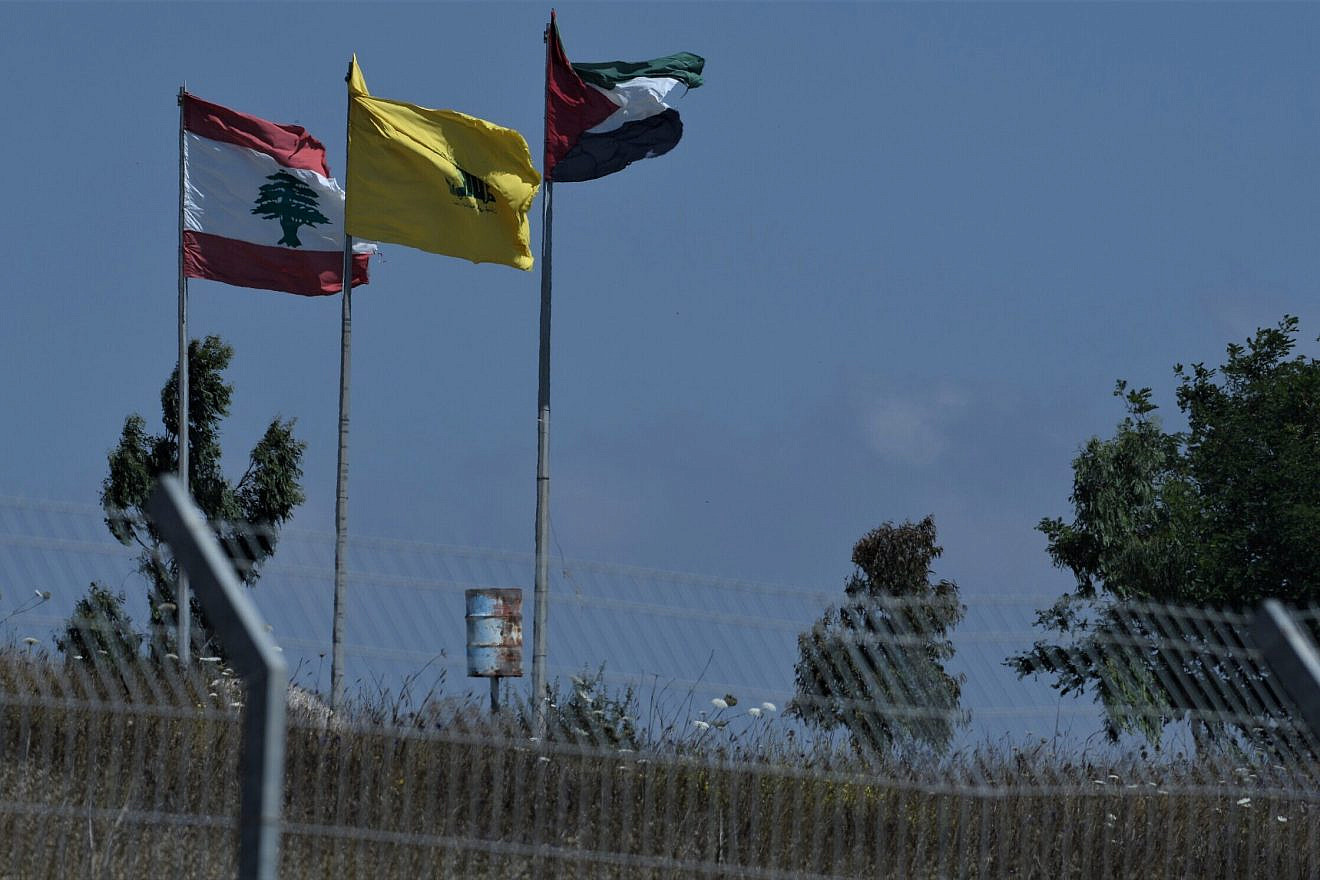“Hezbollah’s activity and presence on the border fence, the IDF’s passive operational posture and the lack of full deployment of technological means created a situation in which the abduction of the soldiers was just a matter of time,” the Knesset Foreign Affairs and Defense Committee wrote in the aftermath of the Second Lebanon War, which was triggered when the Shi’ite terrorist group kidnapped two Israeli soldiers.
It’s hard not to see the similarities between what happened back then, almost exactly 17 years ago, and the unfolding reality today, especially in light of the footage showing balaclava-wearing terrorists moving freely so close to the border and observing Israel without even an inkling of fear.
Although security officials have stressed that these operatives never breached the border and posed no danger, this is hardly reassuring. Moreover, such statements only reinforce the feeling that the deterrent effect has been disrupted in Hezbollah’s favor.
The spate of provocations by Hezbollah attests to Hezbollah Secretary General Hassan Nasrallah’s ever-increasing confidence. Not only has he ratcheted up his public threats, but he has also escalated the situation along the border by trying to push the envelope with Israel. While it is far from certain that he seeks a flare-up, what is abundantly clear is that he has grown less cautious in trying to avoid one.
Nasrallah has sensed an opportunity to change the equilibrium as a result of the deep internal crisis inside Israel and the IDF’s containment-driven approach—which he sees as proof that the Israeli government does not want to get into a military confrontation. Based on this underlying premise, he has been gradually and systematically gnawing at the restraints that he has had to accept over the years, while simultaneously bolstering his stature within Lebanon.
Hezbollah’s conduct along the northern border serves its goal of optimizing its operational position should hostilities break out, with a particular emphasis on preparing a ground incursion into Israel. The way Israel has so far responded to its provocations has only encouraged it to continue, and even to ratchet up a notch. In view of this reality, Israel has no choice but to act in a way that would force Nasrallah to conquer his impulses.
Israel must continue building the barrier along the border rather than show restraint in the face of these provocations, which are designed to make life harder for Israeli troops. The Israeli security establishment should prepare actionable plans—including secret ones—that upon execution would show Nasrallah that Israel will no longer tolerate such conduct and remind him how heavy the price was the last time he went on a misadventure (i.e. the 2006 Second Lebanon War).
Just like Nasrallah’s actions carry the risk of triggering a conflagration, so too do Israel’s counteractions. Although neither side wants to go down that road, we must brace ourselves for such a scenario.
The chapter dealing with the lessons of the Second Lebanon War in the Foreign Affairs and Defense Committee report ends with a warning against “a return to a situation where a strategic, legitimate decision such as pursuing a policy of containment leads the IDF into paralysis and inaction.” It adds, “Israel can implement a cautious tactical approach that is more proactive, yet stop short of a complete disavowal of the containment policy.” These words resonate well today as well.
Originally published by Israel Hayom.


























